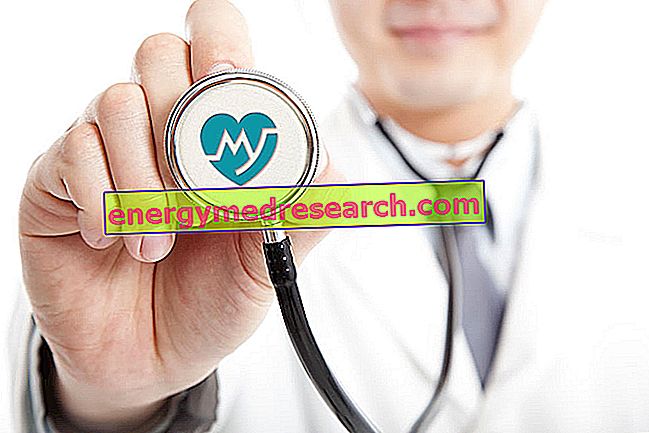
Alcohol - more correctly called ethanol or ethyl alcohol - enhances side effects and alters the functioning of many drugs. For example, habitual drinkers dispose not only quickly of ingested ethanol, but also drugs that are processed by the same enzyme system that metabolizes ethanol at the liver level. In the case of simultaneous administration of alcohol and medicines, however, the risk is of an overdose of the latter, as part of the detoxifying systems of the liver is engaged in the disposal of ethyl alcohol.
The greatest risks are taken by taking alcohol together with drugs that act directly on the nervous system, such as drugs for depression, psychiatric illnesses, anxiety, epilepsy or insomnia. In fact, even when taken in small doses, alcohol can increase the sedative effects produced by these drugs (reduced level of alertness, impaired judgment and criticality, more or less severe mood alterations up to the coma in cases of 'major abuse). Not surprisingly, in history, alcohol and barbiturate cocktails have been responsible for the accidental death or suicide of several famous people.
Other noteworthy interactions:
- Alcohol and analgesics (pain control drugs): increased risk of gastric bleeding related to the use of NSAIDs; increased risk of liver injury from overdose of paracetamol (acetaminophen).
- Alcohol and antibiotics (especially cephalosporins): increase in the typical discomforts associated with a hangover, such as redness of the skin and chest, hot flushes, headache, vomiting, hypotension and palpitations. The association of alcohol and antifungals is also not recommended for the same reasons.
- Alcohol and antihistamines (medicines for allergies): increased drowsiness caused by these medicines.
- Alcohol and antihypertensives (drugs for high blood pressure, such as ACE inhibitors, beta-blockers, diuretics and nitrates): taking them together with alcohol can cause rapid heartbeat and sudden changes in blood pressure.
- Alcohol and bronchodilators (asthma medications): increased risk of nausea, vomiting, irritability and headache.
- Alcohol and narcotics (drugs for anesthesia): increased narcotic effect, up to coma and death.
- Alcohol and statins (drugs for high cholesterol): increased risk of liver toxicity.
- Alcohol and sulfonylureas (drugs for diabetes): increased risk of hypoglycemia.
- Alcohol and warfarin (anticoagulant drugs): increased risk of bleeding (acute intoxication) and reduction of the drug's efficacy (in chronic drinkers).
The combination of alcohol with supplements is also not recommended; for example, the combination of alcohol and valerian can increase the sedative effect of the latter, while the combination of ethanol and caffeine can increase the gastrolesive effects.
Since even a moderate consumption of alcoholic beverages is able to induce dangerous interactions with many drugs, it is recommended - especially for women and the elderly, for whom the risk is even greater - to consult a doctor or a pharmacist for more and more specific information.



